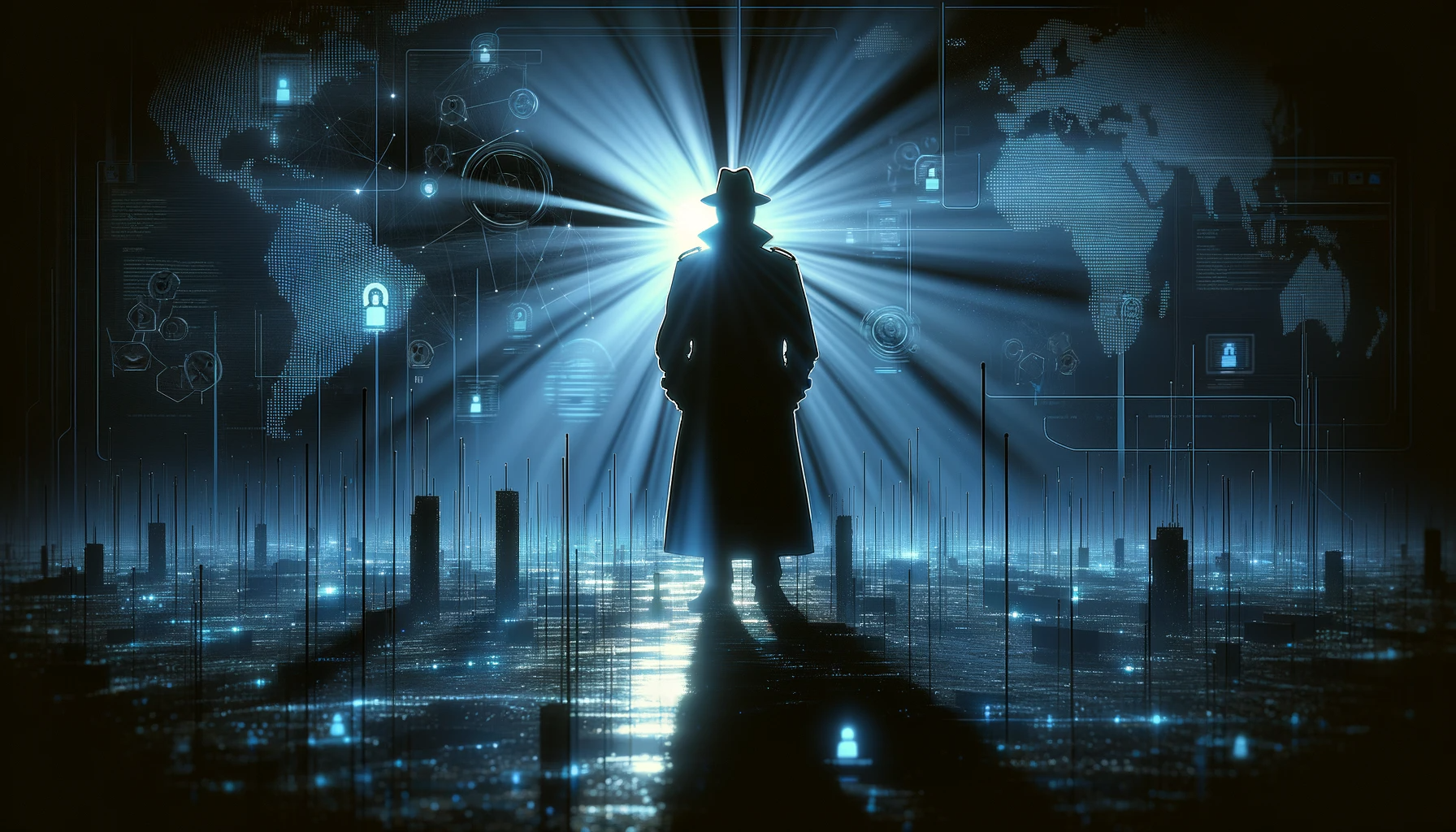The Dark Web, a small segment of the deep web accessible only through specialized browsers like Tor, is often associated with illegal activities. However, it's also a space for privacy-conscious individuals and those under restrictive regimes. For cybersecurity professionals, understanding Dark Web reconnaissance is crucial for proactive defense and threat intelligence.
Dark Web reconnaissance involves monitoring and analyzing activities within these hidden corners of the internet. This can include tracking the sale of stolen data, monitoring hacker forums for emerging threats, or identifying vulnerabilities being exploited. It's a vital tool for businesses and security agencies to understand the threats they face, often before they materialize in the open web.
However, navigating the Dark Web poses unique challenges. Anonymity is a cornerstone, making it difficult to identify and track malicious actors. The content can range from harmless to highly illegal, requiring careful and ethical navigation. Despite these challenges, Dark Web reconnaissance provides valuable insights into cybercriminal behavior, upcoming threats, and potential data breaches.
Moreover, Dark Web monitoring aids in understanding the value of stolen data. For instance, compromised data from a recent breach may appear for sale, giving organizations a heads-up to strengthen their security measures. It also allows for a better response to incidents, understanding the hacker's perspective, and preparing more robust defenses against similar attacks.
In conclusion, Dark Web reconnaissance is an essential aspect of modern cybersecurity. It's a proactive approach to security, allowing organizations to stay one step ahead of cybercriminals.
